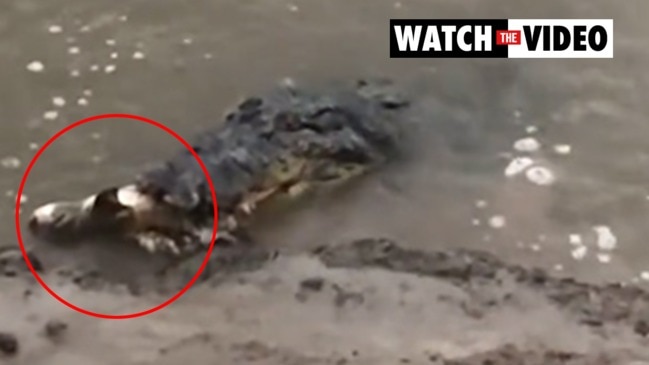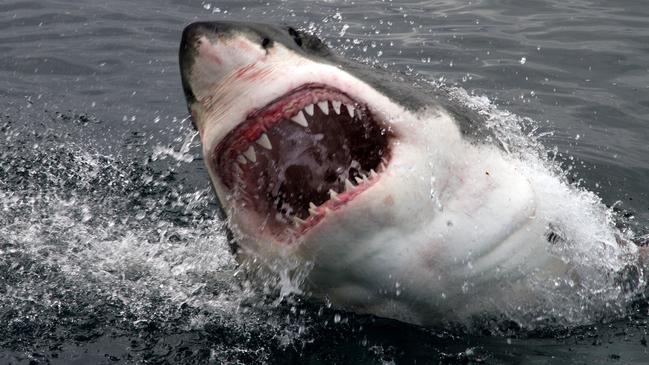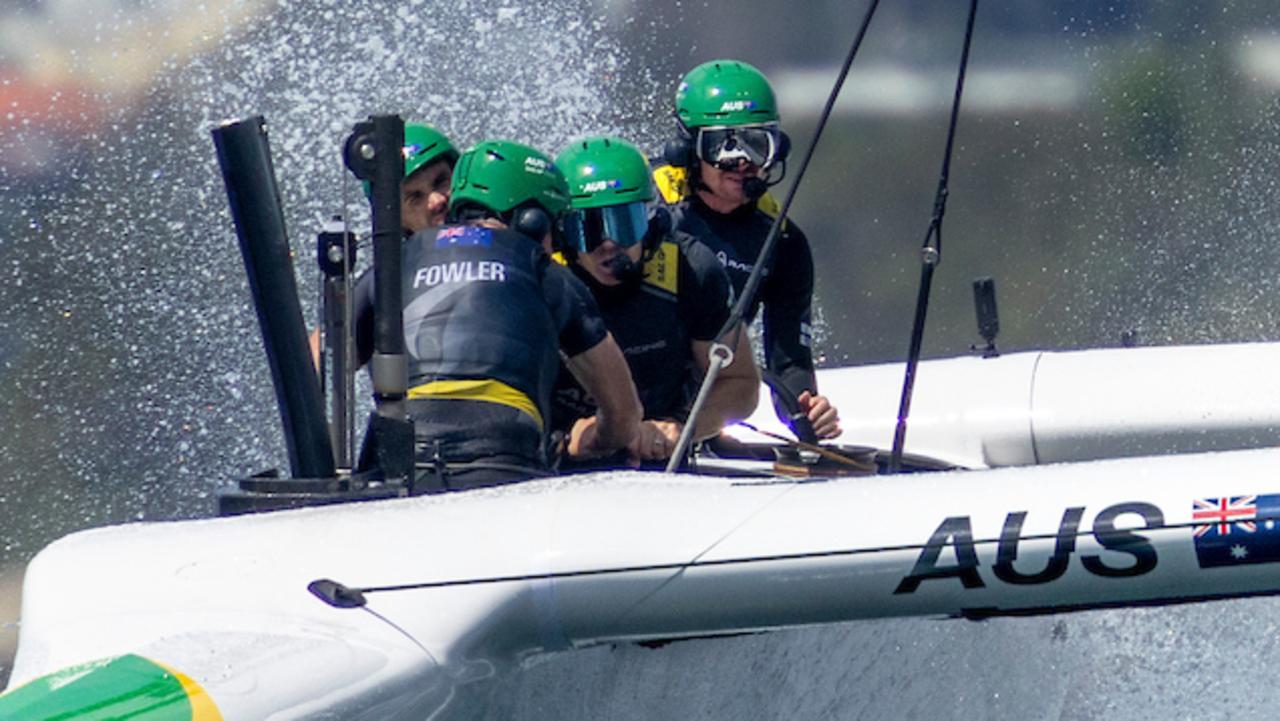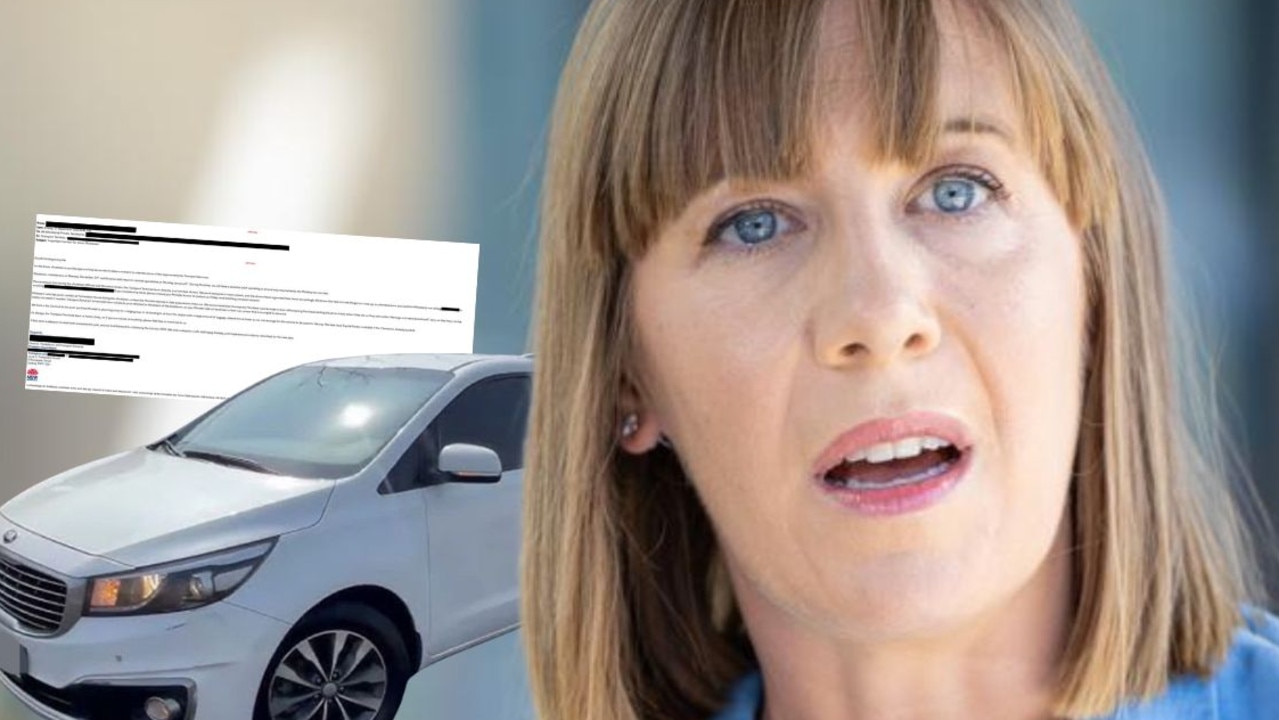Shark attack rebrands as NSW records more than 50 “incidents”
A database on incidents between sharks and people will stop using the word “attack”, instead giving them names like “interactions” and “negative encounters.”

NSW
Don't miss out on the headlines from NSW. Followed categories will be added to My News.
Officials have stopped using the word “attack” to describe incidents between sharks and people, instead referring to “bites”, “interactions” and “negative encounters”.
The nation’s official database for recording shark attacks was last month renamed the “shark incident database” because using the word “attack” triggered “negative concerns”.
But it has been slammed as a “PR exercise” for sharks.
The database is administered by the Taronga Conservation Society and a spokeswoman told The Daily Telegraph the change was in line with other government departments.

“Across Australia, many organisations now use the terms ‘shark bites’ and ‘shark incidents’, including the Department of Primary Industries. Our name change, which was made in November, reflects this and is for consistency,” she said.
Legendary Australian shark hunter Vic Hislop said he believed the focus needed to be on saving human life.
“It doesn’t surprise me,” he said of the renaming. “The Shark Attack File is costing taxpayers millions of dollars to protect sharks, not people.”
It comes as conservationists try to reignite public discussion on the use of shark nets off the NSW coast.
New figures show there were 48 shark “incidents” on the state’s beaches without nets in the past five years but only four at locations that had meshing.
Animal Rights Party MP Emma Hurst called on the government to ban shark nets, which kill thousands of marine animals every year. She also claimed the nets attracted sharks.
“So while the overall figures show higher numbers of interactions on non-netted beaches, that’s simply because there are so many more of them,” she said. “When we consider the numbers as an overall percentage, it seems there may even be more interactions on netted beaches. This may be because trapped animals in nets actually attract sharks into the area.”
A spokesman for newly-minted Agriculture Minister Dugald Saunders said nets would continue to be used as part of a range of measures to protect NSW beachgoers.
“Nets remain a key part of that strategy,” he said.
According to the latest Shark Meshing (Bather Protection) Annual Report, the total number of shark sightings in NSW went from 17 five years ago to 100 in the 2020-2021 financial year.
The figures have increased because Surf Life Saving NSW, which collects the data, now uses drones to spot sharks over patrolled beaches.
Sydney’s beaches, from Palm Beach to Cronulla, had the most shark sightings (45) last year while the Illawarra, which spans from Wattamolla to South Wollongong, had 11 sightings. The Hunter’s beaches, from Stockton to Redhead south of Newcastle, had 32 sightings while there were 12 on the Central Coast.
A Department of Primary Industries spokeswoman said the nets were in place from September 1 to April 30 each year and removed for the majority of the whale migration season. “A range of technology is used to reduce the impact of the nets on marine life, including ‘dolphin pingers’ and ‘whale alarms’,” she said.
Originally published as Shark attack rebrands as NSW records more than 50 “incidents”




